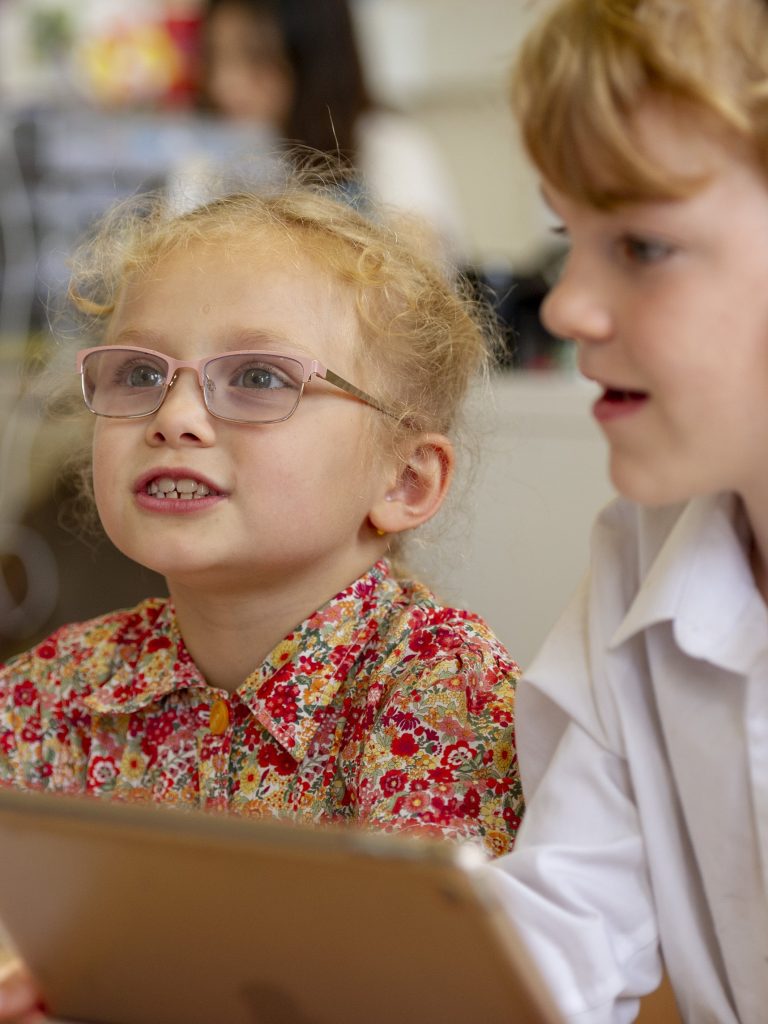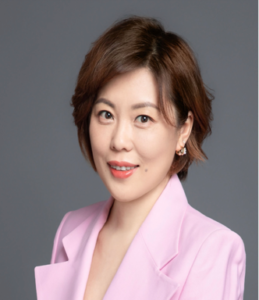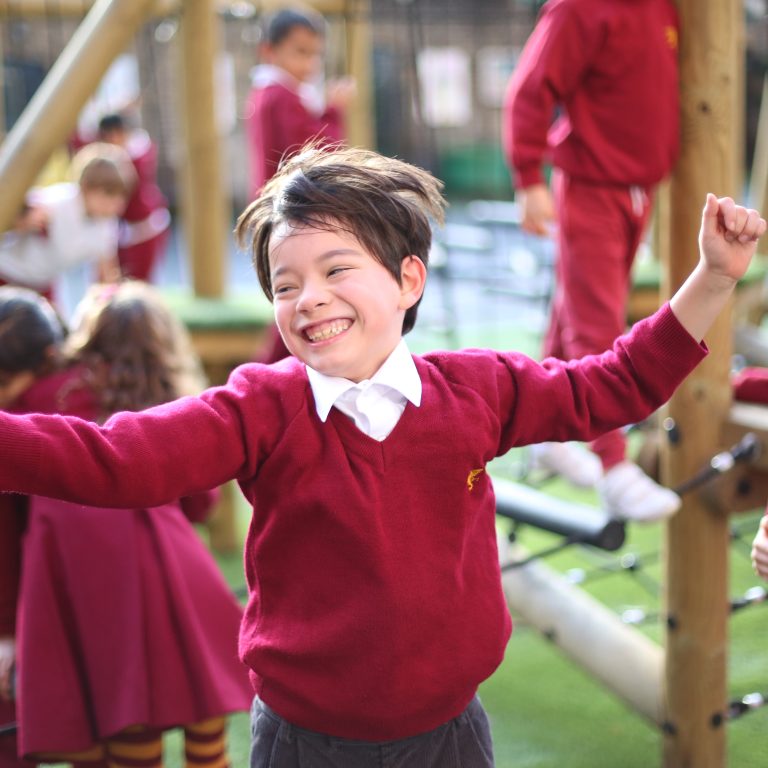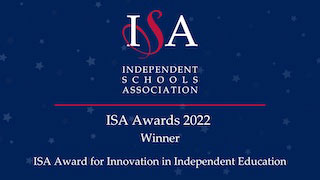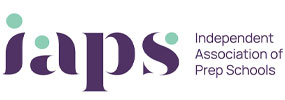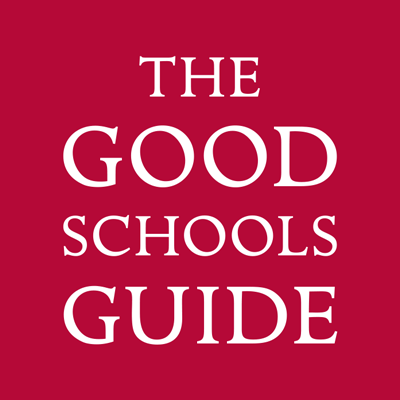Our Founders
Adrian Richardson
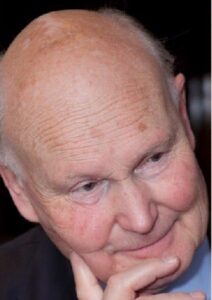
Adrian Richardson was educated aboard the Training Ship Mercury, one of the 30 pre-sea training schools founded in the late 19th century to meet the needs of Britain’s Royal and merchant navies. The ship itself was a converted barque that served as a school dormitory with boys rowing to and from lessons on the mainland each day. Richardson left Mercury in 1959 with the intention of joining the Royal Navy. Unfortunately, Naval College revealed him to be slightly colourblind so he had to settle for a stint working at British India, then part of the PNO group. He travelled widely in Australia and South Asia.
In September 1961, when on leave, staying with his parents, Richardson saw advertisement for a junior teaching position at Oxfordshire prep school called Cothill. He took a job as a junior geography master, which job began a relationship with Cothill of more than 50 happy years. By 1976 Richardson was the headmaster and there followed many years of expansion and improvement. In 1990 Richardson bought and opened as a bilingual French English school, the Château de Sauveterre, 50 miles south of Toulouse. In 1993 he purchased Chandlings Manor.
By 2003 Richardson had been promoted from headmaster to principal of the trust he created, the Cothill Educational Trust. In 2007 the trust bought Martin Hall and Kitebrook House. In 2008 he set up the Old Mouse Tree School and in 2009 bought Ashdown house. Later saw the acquisition of St Albans school and Barfield school.
Richardson joined Hugo de Burgh in 2015 with the intention that he be the (honorary) CEO of the Anglo Chinese School of London, as was the first name of Kensington Wade. Together they spent two years travelling all over London trying to find buildings and making presentations to potential backers. Eventually, thanks to Toby Young and Lord Nash, then Schools Minister, they obtained a lease on the new school building intended for West London preschools, in 2016. Chinese friends and the founders put up the initial capital.
Adrian Richardson was already ill at the launch of Kensington Wade by Lord Willetts and Lord Nash in 2017. He attended and was thrilled to see that his dreams for Europe’s first bilingual Chinese English school were coming true. Greatly missed by the staff, parents and founders of KW, as by so many people connected with Cothill, he passed away soon after. His wife, Rachel Richardson, joined the board of governors, soon after.
Dr Zeng Rong
Dr Zeng Rong graduated from Peking University and the London School of Economics, before taking her PhD at the University of Westminster on the effects of globalization on UK and Chinese screen media.
She then helped the set up the China Media Centre at the University of Westminster (now CUKCI at Goldsmiths, University of London) and worked as its China representative for over 10 years. She has brought Chinese television personnel in large numbers to the UK to study and develop ideas with experienced British programme development executives and producers, who have gained contracts and commissions in China as a result.
She established Houghton Street Media (HSM) in 2013 in Beijing, making screen media with social purpose, particularly linked to healthcare, childrearing and conditions such as Alzheimer. HSM has produced many top TV shows and won hundreds of awards in the last 10 years. She executive produced China Treading Now, Beloved Life, BLK946, Forget Me Not Café (season 1-3), Stories in Accident and Emergency (season 1-2), Life Unlimited (1-2), Come on Baby, We are Teenagers, Gadget Show China, The West You Really Don’t Know, etc.
Prof Hugo de Burgh
Hugo de Burgh is Director of China UK Creative Industries @Goldsmiths College, University of London. He started working life as a community development worker in impoverished areas of Scotland. Activism led him into broadcast journalism, focussing on poverty, undereducation and employability, and then to teaching journalism in Nottingham, in London and in China. He recently completed a fourth term at Tsinghua University, as Walt Disney Professor of Media and Communications in Schwarzman, the US college of international relations.
Hugo de Burgh has initiated and run, in collaboration with many others, a further education college (Castlecliff Training Centre, Edinburgh), a TV production company making social issue actuality for STV, BBC and C4 (DBF Communications) and London’s China Media Centre, connecting the creative industries of UK and China and now housed in Goldsmiths College. He has authored or co-authored 15 books. His China’s Media in the Emerging World Order (2020) describes and analyses a burgeoning global power of the 21st century. Investigative Journalism (2021) tracks the emergence of new tools and techniques for holding power to account and maps emerging models of global cross -border collaboration and exposure. Earlier books have dealt with environment reporting, how China works and the functions of journalists in the globalised, digitised, world.
His first novel, TO THE RIVER, why would you risk your life, and all that you love, for a stranger? was launched at the Mansion House by Lord Mayor Michael Mainelli in September 2024. It is a reflection on altruism, set in warn-torn Italy, 1943. A new interpretation of the four British nations, WHO ARE WE, and how will we survive in the Age of Asia? (Cambridge: CamRivers) was launched by Sir Vince Cable at the London School of Economics in November 2024.

